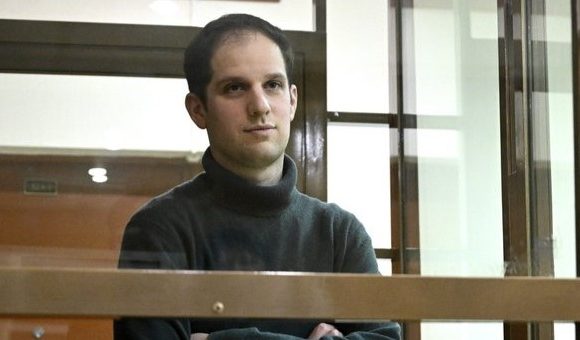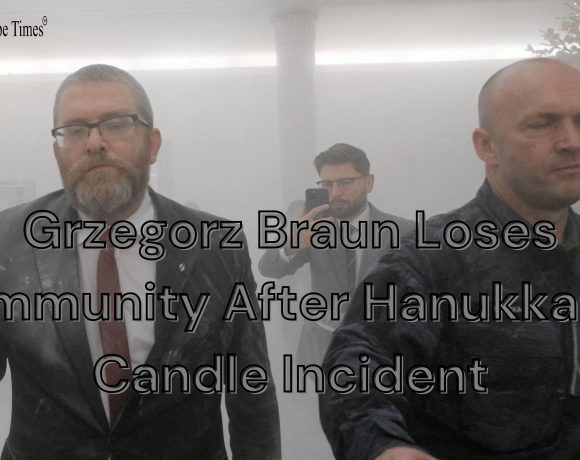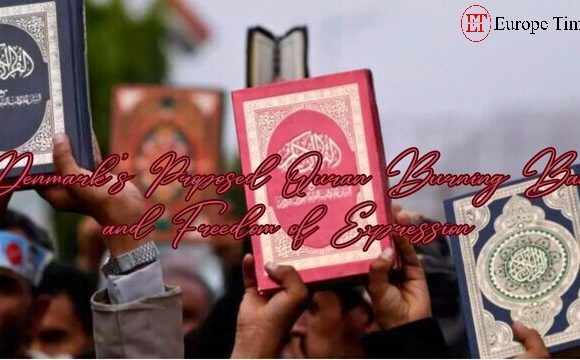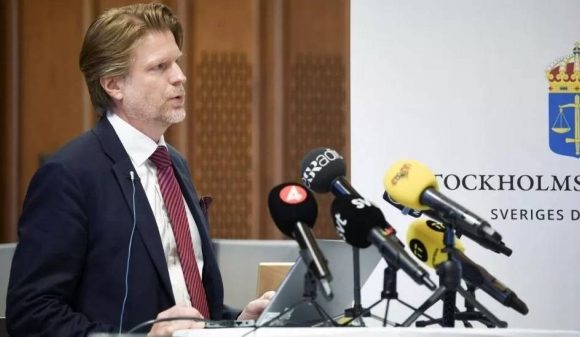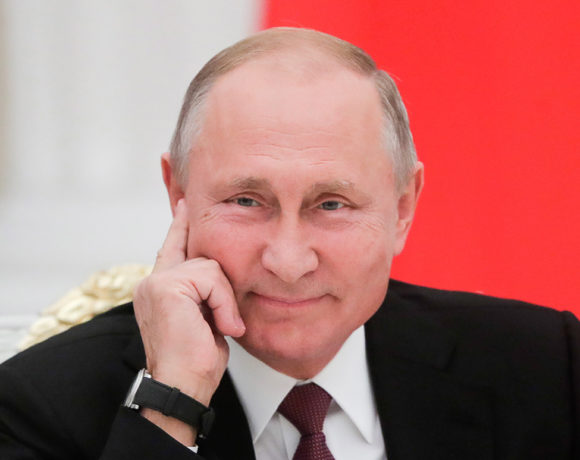
A Russian court has sentenced stand-up comedian Artemy Ostanin to nearly six years in prison for inciting hatred after a joke he made about a war veteran sparked public outrage. Ostanin was handed a jail term of five years and nine months along with a fine of 300,000 roubles, a Reuters reporter said, in one of the latest cases targeting speech deemed offensive to the military during Russia’s war in Ukraine.
The conviction stemmed from a March 2025 performance in which Ostanin joked about a war veteran who had lost his legs to a mine and was using a skateboard to get around, as well as referring to a wheelchair in derogatory terms. A video of the performance later went viral on Telegram after being shared by nationalist groups and military bloggers, who accused the comedian of mocking veterans fighting for the country.
Ostanin was also found guilty of offending the feelings of Christians over a separate joke about Jesus, drawing criticism from Orthodox nationalist organisations. After facing mounting backlash, he attempted to flee Russia but was arrested in Belarus and returned to Moscow to stand trial. Speaking in court after the verdict, Ostanin said he did not accept the ruling, calling the punishment excessive.
Pic courtesy: google/ images are subject to copyright

